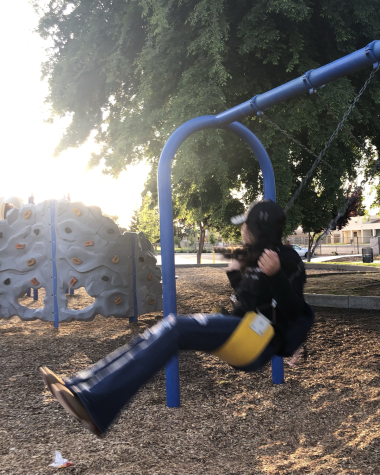Mental Health- Derealization
February 13, 2023
Derealization is a type of dissociative disorder that consists of persistent or recurrent feelings of being detached from one’s body or mental processes. Most of the time, derealization is triggered by severe stress. According to merckmanuals.com, “Symptoms of derealization disorder are usually episodic and wax and wane in intensity. Episodes may last for only hours or days or for weeks, months, or sometimes years.” People that suffer from derealization may feel as if they are in a dream or a fog which separates them from their surroundings. The world starts to feel colorless, lifeless, or real. Objects may begin to appear unusually clear or blurry. They may also begin to feel smaller, larger, or flatter than they are. Sounds may seem softer or louder than they are, and time might begin to feel like it’s going too fast or too slow.
When the symptoms become severe, they are very intolerable. The disorder of derealization could also be a sign of other conditions like seizure disorders, brain diseases and psychiatric disorders. According to my.clevelandclinic.org, “Most people with this disorder develop it when they are young. The average age for developing derealization disorder is 16 years. It rarely begins after age 40.”
Some factors that may cause this disorder are mental health disorders, abuse, sudden death of a loved one, sleep deprivation, etc. Some symptoms of the derealization disorder could include: feeling disconnected from your thoughts, feeling as if you’re observing yourself from outside your body, feeling as if you’re living in a dream world, etc. According to the article, “If you have symptoms, your healthcare provider will assess you. You’ll have a medical history and physical exam. No lab tests can diagnose dissociative disorders. But your provider may want to do blood or imaging tests”.
From there, your healthcare provider may assign you to a mental health professional. A psychologist, psychiatrist or psychiatric social worker talks to you to understand your experiences and how you’re functioning to be able to help diagnose and treat you. You will most likely need treatment if the symptoms are debilitating or distressing, or if the disorder is long-lasting or keeps returning. Complete recovery is possible for many people as the disorder disappears on its own. Treatment is important so that the symptoms don’t come back. It’s very helpful to recognize the symptoms so you can get treatment, but it may not be possible to prevent derealization disorder.


